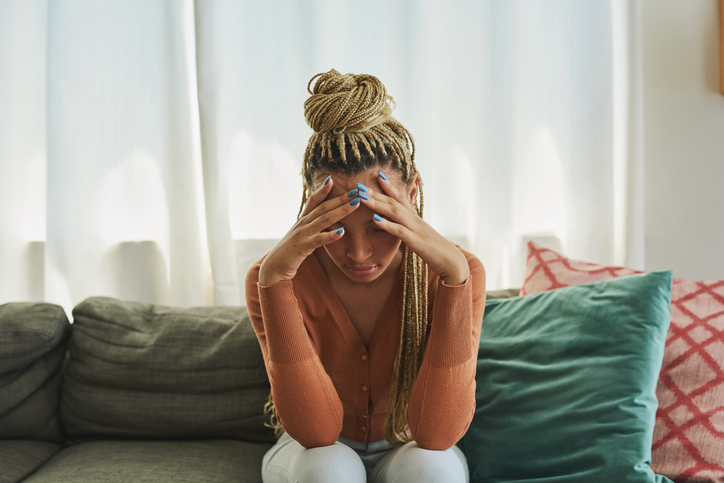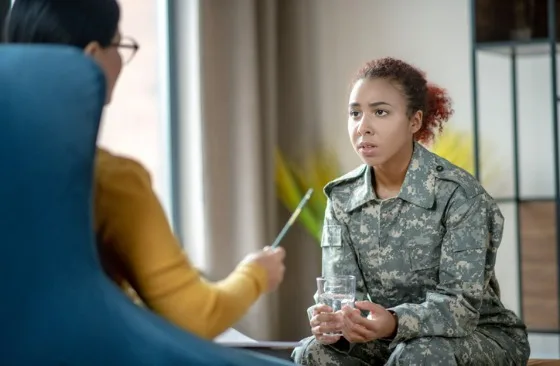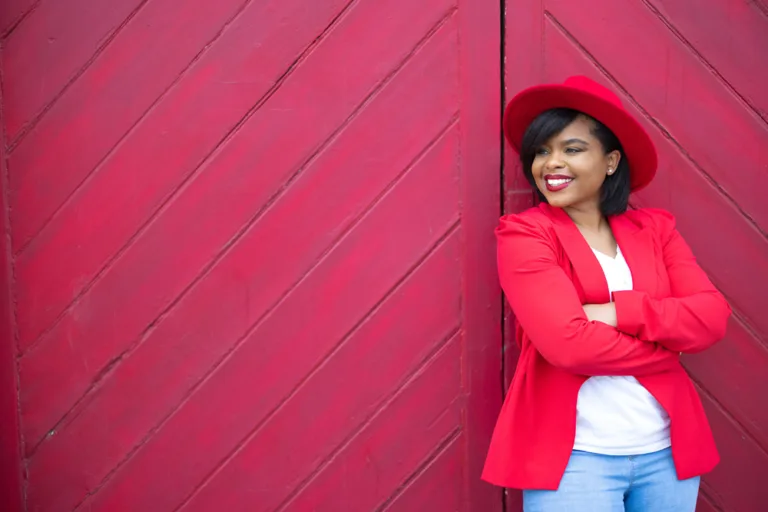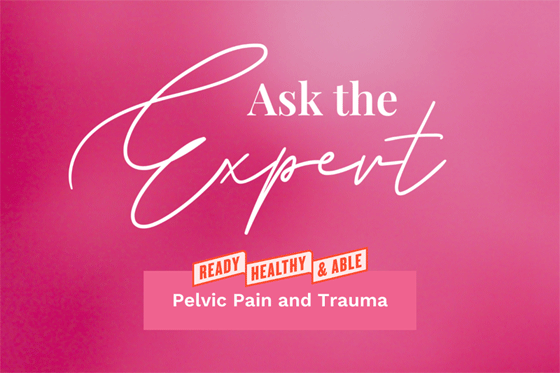July is National Minority Mental Health Awareness month.
On Feb. 14, 1995, Fonda Bryant was prepared to die.
She planned to take her life that day, and made one final call to her Aunt Spanky, a relative three years older who felt more like a sister than an aunt. Bryant told her she could have her shoes, a statement that set off alarm bells.
“She asked me, ‘Are you going to kill yourself?’” Bryant said. When Bryant responded affirmatively, Aunt Spanky called the police, who came to Bryant’s apartment and took her to a mental health facility.
To this day, Bryant, 61, still can’t talk to her mother about the incident, her depression or another brush with suicide in 2014.
“If I’d had a heart attack or a stroke, my mom would’ve been on the first thing smoking from Savannah, Georgia, but because it was a suicide attempt, because it was mental health, she didn’t come see me,” Bryant said. “When I talked to her on the phone in the hospital, the first thing she said was the rallying cry for Black people and people of color — ‘You just need to be strong.’”
When stigma kills
Black adults are 20% more likely to report experiencing “serious psychological distress” than white adults, and studies have shown that exposure to racism and discrimination put people of color at greater risk for mental health issues.
In 2019, suicide was the second leading cause of death among Black people and African Americans between 15 and 24, and despite an overall decrease in national suicide rates in 2020, they rose for people of color. In the first two months of 2022 alone, high-profile younger Black Americans including former Miss USA Cheslie Kryst, actress Regina King’s son Ian Alexander, Jr., and “The Walking Dead” actor Moses J. Moseley died by suicide.
Financial concerns as well as general distrust of the medical community as a result of historic mistreatment can discourage Black people from seeking help — only 1 in 3 Black adults receive mental health treatment — but community stigma about mental health might be the most significant barrier.
Black Americans are more religious than the overall U.S. population, with 59% describing religion as “very important to them” compared to 40% overall. In that context, mental health challenges can be seen as a personal or spiritual weakness, and Bryant said Black individuals dealing with mental health issues might be told that previous generations survived much worse during slavery and segregation. One study suggests that 63% of Black Americans see depression as a sign of weakness.
“I think that’s closer to about 90%,” said Bryant, a member of the North Carolina state board of the National Alliance on Mental Illness and founder of Wellness Action Recovery, Inc. “I speak at Black churches, especially with older Black people, and they told me they don’t talk to their pastors because of the judgment factor. There are still pastors who think it’s a demon that we can just pray it away.”
But Ruth C. White, a mental health activist and past college professor in social work, who is Black, said she is seeing a cultural shift in the discussion of mental health and therapy. She cites celebrities including Jay-Z, Michelle Obama, Simone Biles and Naomi Osaka who’ve spoken publicly about mental health or seeing a therapist, and hashtags like #selfcare, which have exploded across Black social media accounts.
In 2011, White wrote about her own journey with bipolar disorder and mental health treatment. She also detailed the “superwoman” syndrome many professional, educated Black women might face as they work to juggle demanding careers, family concerns, parenthood and financial stressors, and how those expectations can exacerbate mental health concerns.
“I think we’re much further along than we were 10 years ago,” White said. “Back then, I even asked myself, ‘Do I really want to talk about this? Do I want to be known as the crazy professor lady?’ I realized that if I’m going to advocate for mental health, I have to be open with my own mental health journey.”
But stigma still exists around mental health diagnoses.
“Going to a therapist is fine, but a lot of people don’t like the idea of being depressed, having bipolar disorder, being schizophrenic or having obsessive compulsive disorder,” she said. “Those still have stigma attached because now you’re getting into the realm of ‘being sick.’”
Raising their voices
Despite suffering through depression and suicidal thoughts throughout her childhood, it took a suicide attempt and hospitalization for Lindsay Anderson, 37, to fully grasp something was wrong. She received diagnoses of generalized anxiety and PTSD after being hospitalized in 2005, but didn’t have her bipolar disorder diagnosed until 2017, leaving her without the proper medication regimen for 12 years.
When Anderson created a lifestyle-focused YouTube channel, she added a weekly “Transparency Thursday” video where she talked about her personal mental health. The response was overwhelming, especially from Black women, and she shifted the channel’s focus entirely to mental health. Today, she talks about the impact of mental illness on the Black community, along with her own journey, on her Consciously Coping platform.
“The visibility of those who manage a mental health disorder is important in all communities, but definitely in ours,” Anderson said. “Many young people in the Black community are being exposed to mental health wellness conversations. It’s giving them a sense of ownership over their health, and they’re witnessing the benefits of communicating how they feel.”
But Anderson agrees with White’s sentiment that there’s much more discomfort discussing an actual condition, especially if it goes beyond what Anderson calls the “nice disorders” of anxiety or depression. And, like Bryant, Anderson had friends and family refuse to discuss her hospitalization, choosing to “act like it never happened.”
That’s why she wants to fight the stigma by being open about her conditions, even if it makes others uncomfortable.
“When I speak on a panel or podcast, I always start with ‘My role is not to make you feel comfortable,’” Anderson said. “I say this because if I challenge your perceptions, you can reassess your own stigma. I wouldn’t necessarily say stigma is lessening among younger people, but the voices of the mental health community and mental illness advocacy are becoming louder.”
Resources
The Black Girl Doctor
National Alliance on Mental Illness (NAMI)
National Suicide Prevention Lifeline















